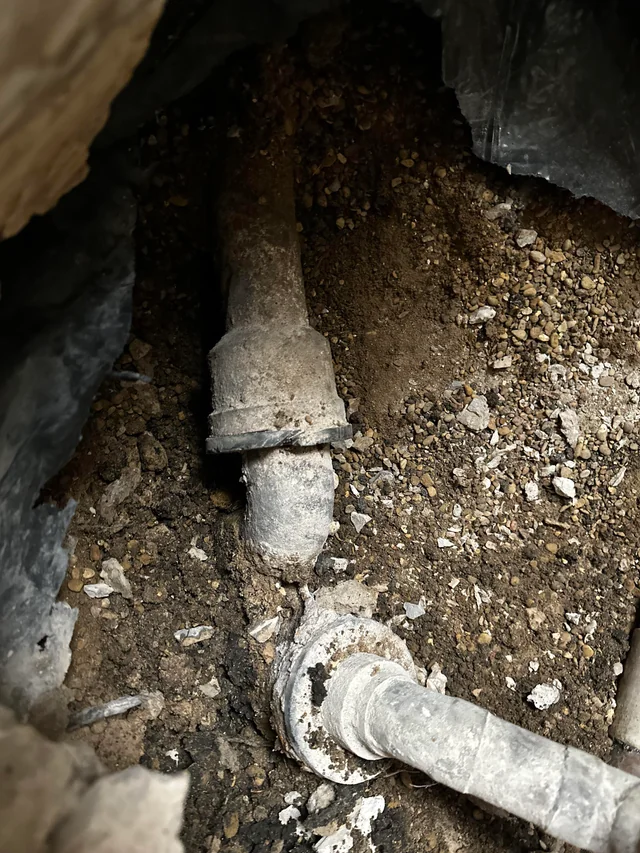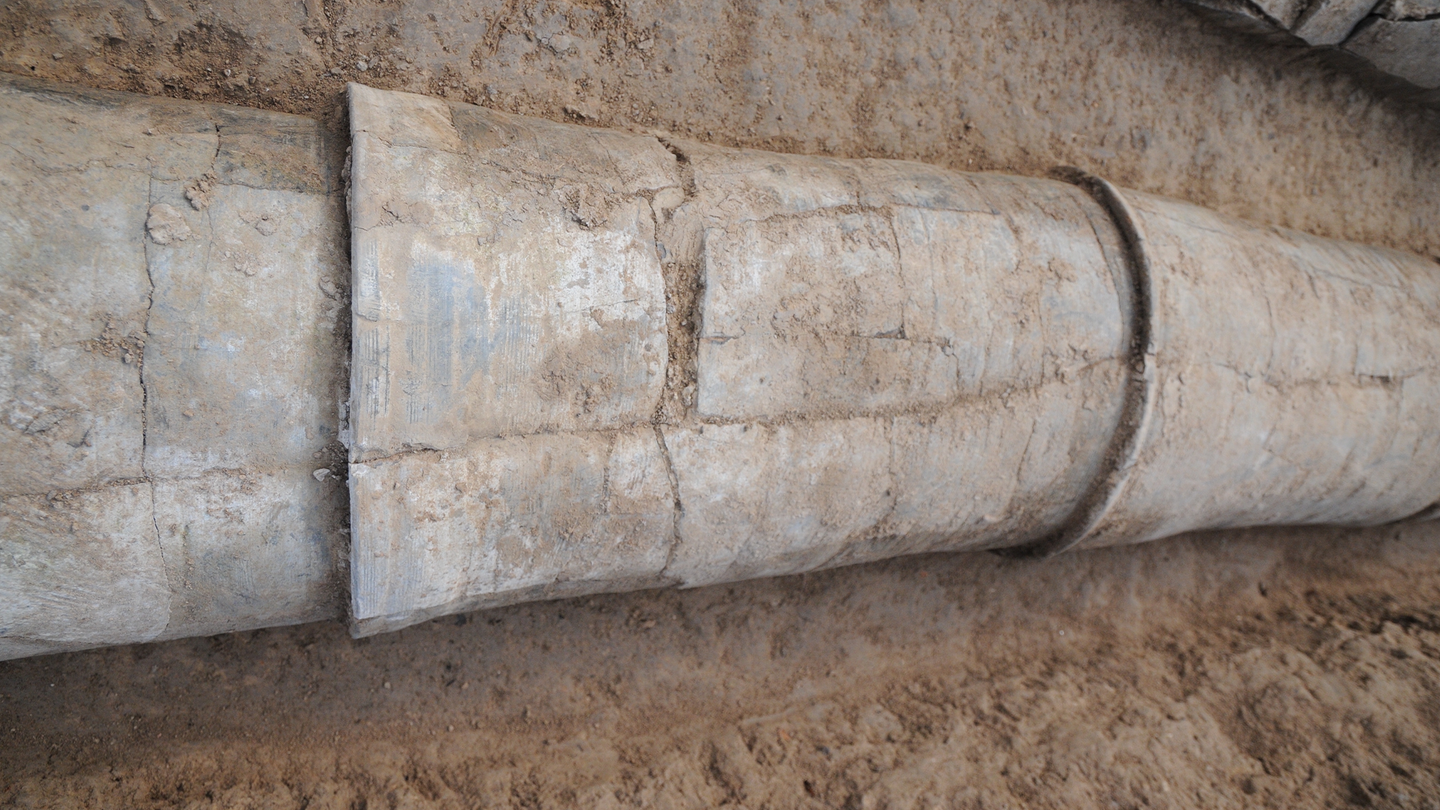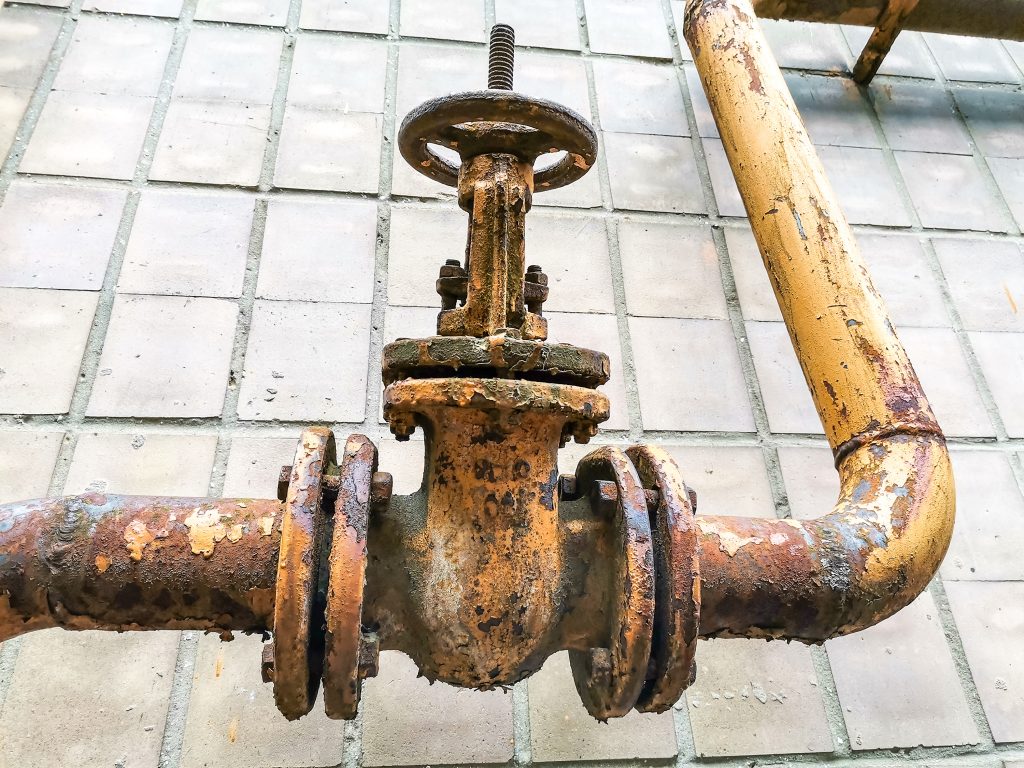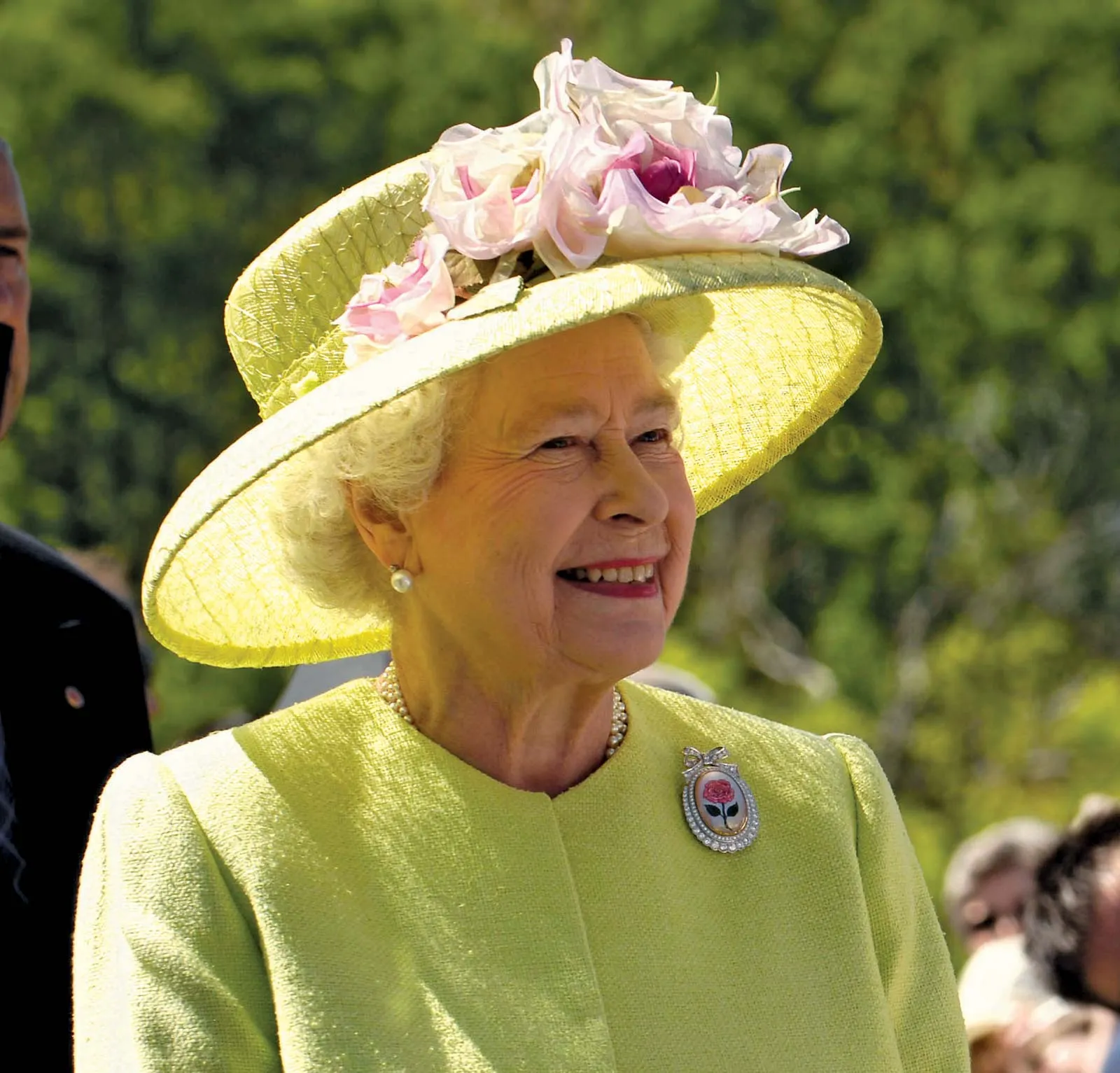
Interesting Facts About Plumbing in Toronto’s Historical Districts That You Didn’t Know
GET A FREE QUOTEAncient Plumbing Systems
Did you know that some of Toronto’s oldest neighborhoods still have remnants of ancient plumbing systems? In areas like Old Town Toronto, archaeologists have discovered remnants of clay pipes dating back centuries, showing how early settlers managed water and waste.

These ancient systems were rudimentary yet innovative for their time, showcasing early attempts at managing water resources and sanitation in urban environments.
The Great Fire of 1904
In 1904, Toronto experienced a devastating fire that destroyed much of the city’s downtown core. Interestingly, the fire also had a significant impact on the city’s plumbing infrastructure.

Following the fire, city planners and engineers seized the opportunity to modernize Toronto’s plumbing systems. The rebuilding efforts led to the installation of more robust water mains, improved firefighting infrastructure, and the adoption of new plumbing codes and standards.
The Royal Flush
Toronto is home to one of the most famous plumbing-related events in history: the royal flush. In 1959, during Queen Elizabeth II’s visit to Toronto, the city experienced a surge in water usage as residents simultaneously flushed their toilets to clear the city’s wastewater system.

This event, known as the royal flush, highlighted the importance of robust plumbing infrastructure in managing large-scale water usage and waste disposal.
Preserving Plumbing Heritage
Today, preserving Toronto’s plumbing heritage is a priority for conservationists and historians. Efforts are underway to protect and restore historic plumbing fixtures, such as cast iron pipes, ornate faucets, and vintage toilets.

By preserving these artifacts, we can gain valuable insights into the evolution of plumbing technology and its impact on urban development in Toronto.








